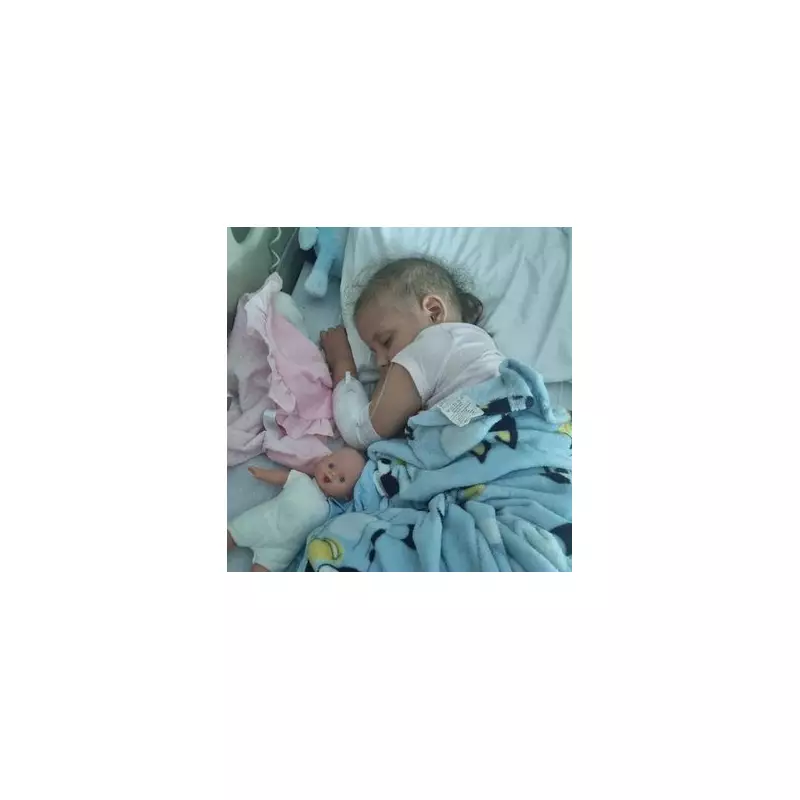
When little Albie Stacey wasn't reaching the same milestones as other children his age, his parents knew in their hearts that something wasn't quite right. What followed was an emotional two-year battle for answers that would test their family's resilience to its limits.
The First Signs of Concern
Mum Stacey and dad Scott first noticed subtle differences in Albie's development when he was just six months old. "He wasn't sitting up like other babies," Stacey recalled. "As time went on, the gap between him and his peers became more noticeable."
The concerned parents repeatedly sought medical advice, only to be told that Albie was simply developing at his own pace. "We were told not to worry, that he was just a late bloomer," Scott explained. "But as parents, you have that instinct when something isn't right."
The Breaking Point and Diagnosis
The family's persistence finally paid off when Albie was referred to a paediatrician who ordered genetic testing. The results revealed the truth: Albie had microcephaly with pontine and cerebellar hypoplasia (MICPCH), an extremely rare genetic disorder affecting only a handful of children worldwide.
"Hearing the diagnosis was devastating," Stacey admitted. "But in another way, it was a relief to finally have answers after all those years of uncertainty."
Life with MICPCH Syndrome
The condition means three-year-old Albie faces significant challenges. He requires round-the-clock care, has limited mobility, and is non-verbal. The family has adapted their home and lives to meet his complex needs.
"Albie has taught us so much about unconditional love and patience," Stacey shared. "He's the happiest little boy despite everything he goes through. His smile lights up any room."
A Message to Other Parents
The Stacey family now wants to raise awareness about rare genetic conditions and encourage other parents to trust their instincts. "If you feel something isn't right with your child, keep pushing for answers," Stacey urged.
They're also fundraising for specialist equipment and therapy not available through the NHS, hoping to give Albie the best quality of life possible.
"Every day with Albie is a blessing," Scott added. "He may not be able to speak, but he communicates in his own way and has brought our family closer than ever."





